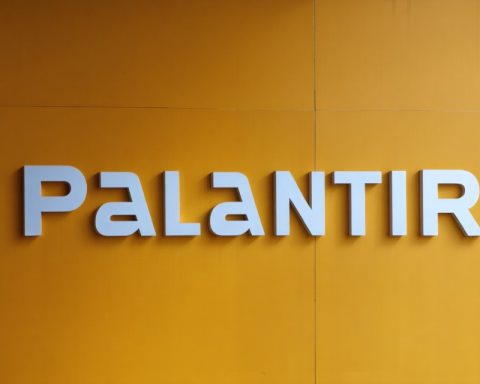In a world increasingly driven by data and computational power, Poland’s Academic Computer Centre CYFRONET AGH in Kraków has unveiled its recent cutting-edge supercomputing system: Helios. This innovation is set to redefine the landscape of high-performance computing (HPC) and propel scientific research and development into a new era.
What is Cyfronet Helios?
Cyfronet Helios represents a significant leap forward in computational capacity and speed. This supercomputer, with its state-of-the-art architecture, aims to provide researchers with unparalleled processing power. By enabling extremely complex simulations and data-intensive tasks, Helios will play a crucial role in furthering advancements across numerous scientific fields.
Why It Matters
The significance of Cyfronet Helios extends beyond mere technological progress. Its development is anticipated to foster collaboration across various disciplines, from bioinformatics and physics to climate change research and artificial intelligence. By offering advanced computational resources, researchers can address pressing questions and challenges with greater efficiency and accuracy.
A Glimpse Into the Future
The launch of Helios is only the beginning. As computational demands continue to grow, the need for highly efficient, sustainable, and robust infrastructure becomes increasingly critical. Future iterations of supercomputers like Helios will likely incorporate emerging technologies such as quantum computing, further expanding their capabilities.
As Cyfronet Helios begins operation, the global scientific community eagerly anticipates the breakthroughs this supercomputing marvel will enable. Its impact could transform the way research is conducted, leading to innovations that were previously beyond reach. The potential is vast, and Helios stands as a beacon of progress in the digital age.
How Helios’ Computational Might is Shaping Our Future
The unveiling of the Helios supercomputer at Poland’s CYFRONET is not just a leap for high-performance computing but also a catalyst for societal and global transformation. As this technological marvel powers through data-centric tasks, it touches on crucial aspects of human progress and challenges.
Community Impact: Expanding Access and Opportunities
With Helios, academic institutions and startups gain access to computational resources previously out of reach. This democratization of technology can inspire educational programs and workshops, enhancing digital literacy and STEM skills in local communities. It fosters an environment where innovative startups can thrive, potentially leading to job creation in high-tech sectors.
Environmental Controversies and Challenges
However, with great power comes environmental considerations. Supercomputers like Helios consume vast amounts of energy, raising concerns about carbon footprints. The push for greener computing solutions is inevitable. Can advancements in sustainable energy and cooling techniques balance this digital demand with ecological responsibility? These unresolved issues prompt necessary conversations about future supercomputing facilities.
Advantages and Concerns in a Global Context
One evident advantage is Helios’ ability to accelerate life-changing research, from drug discovery to climate modeling. But at what cost? The disparity between countries equipped with advanced HPC infrastructure and those without could widen if collaboration is not prioritized. Does Helios hold the promise of inclusivity, or will it exacerbate existing digital divides?
With these considerations, observers eagerly watch Helios as a beacon for future advancements. Balancing its immense potential with ethical stewardship remains pivotal. As we venture into this compute-powered era, exploring these dynamic threads offers insight into technology’s dual-edged role in shaping the world.
For further exploration, visit CS KU Leuven and IEEE Computer Society.








